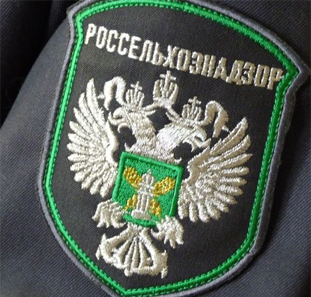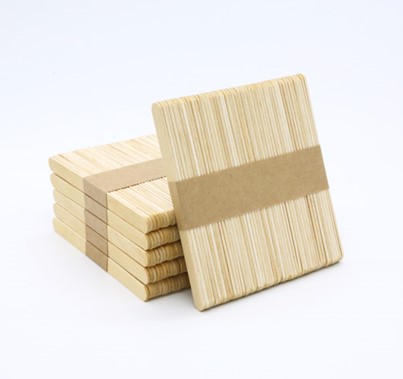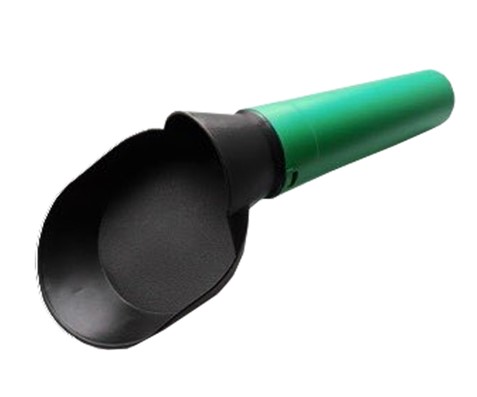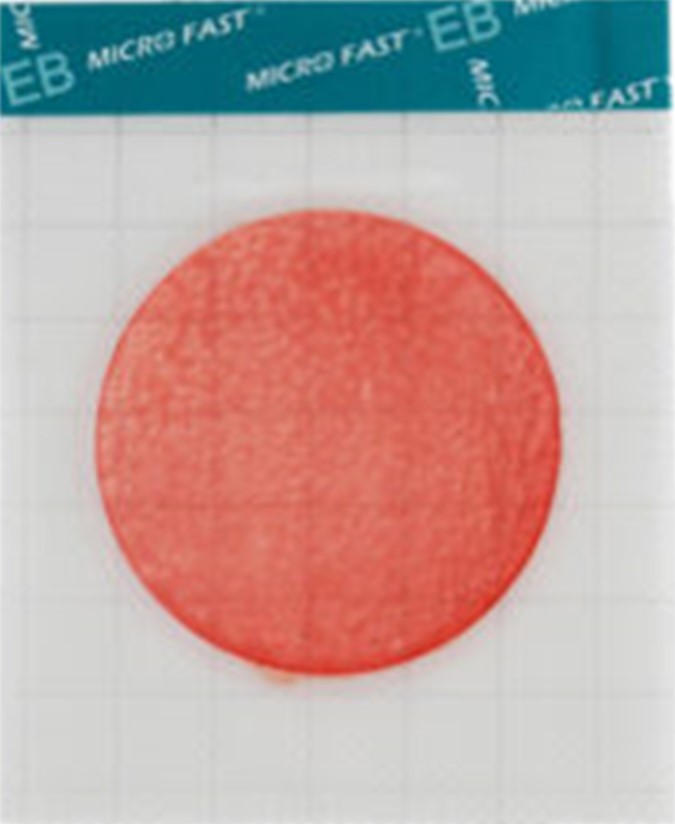Rosselkhoznadzor temporarily allowed the import of imported feed additives
Veterinary services of foreign countries were not ready for prompt negotiations on product quality
ROSSELKHOZNADZOR temporarily allowed the supply of feed and feed additives from a certain list of companies and provided the veterinary services of the supplying countries with another opportunity to strengthen supervision over their quality, the agency said. In particular, certification of products of 27 manufacturers of feed and feed additives from Germany, 14 manufacturers from the Netherlands, four from Spain and two from CANADA has been renewed for a period of three months.
Earlier, the Rosselkhoznadzor suspended the supply of feed and feed additives from 11 countries, including Poland, the Czech Republic, Latvia, Estonia and Lithuania, Spain, the UK, the Netherlands, the usa and Canada. The reason is the insufficient level of control over the safety of feed products sent to RUSSIA, which is “reduced to unacceptable,” the regulator’s website explains. Inspections of the department showed that foreign veterinary services do not control the content of growth stimulants, heavy metals, mycotoxins, antibiotics, pesticides and GMOs in goods supplied to our country, do not check enterprises for compliance with the requirements of the EAEU and Russia, do not control the origin of the raw materials they use and temperature conditions feed production.
According to the HEAD of the Rosselkhoznadzor , Sergei Dankvert, the veterinary services of foreign countries, from where imports of feed and feed additives to Russia have been suspended, have not shown a willingness to conduct operational negotiations. “Despite repeated attempts by Rosselkhoznadzor to invite regulators from Great Britain, the United States and Canada to a dialogue, the dialogue has not yet turned out,” confirms Sergey Mikhnyuk, Executive DIRECTOR of the National Feed Union (NCS). Against the backdrop of a lack of dialogue with the competent departments and responses to requests from the Rosselkhoznadzor for the provision of the necessary information, it is not possible to promptly resolve the supply of imported feed products to Russia, according to the website of the department.
The National Feed Union builds its relationship with the regulator on the basis of mutual respect, says Mikhniuk. “We see that the department, for its part, has made a gesture of goodwill, having already held two extended meetings with feed manufacturers and temporarily opened the import of feed and feed additives,” he adds. In the current situation, the ongoing rise in the cost of logistics, which seriously affects the cost of feed delivery, is more worrisome, Mikhniuk said.
“The temporary lifting of restrictions on the import of products from a number of suppliers will stabilize the domestic market, including in terms of prices. It is especially important that this decision was made now, when the stocks of protein feed from the last harvest are running out,” says Valery Afanasiev, President of the Combined Feeders Union. The issue of supply of feed components is very serious, he believes. “We have a shortage of protein ingredients, but we are especially dependent on feed additives – amino acids, feed vitamins, enzyme preparations – we almost do not produce them ourselves,” he recalls. “When logistics was disrupted during the period of covid restrictions, the prices for these components skyrocketed several times.” At the same time, we import ready-made feed only for unproductive domestic animals and for valuable fish species - for the latter we import relatively insignificant volumes,
The Union of Compound Feeders believes that until the end of the mass harvesting of the new crop, the prices for compound feed will continue to grow - their increase is projected at the level of 2-3%. At the same time, talking about a sharp increase in prices for feed, and even more so livestock products due to the suspension of imports of components, is a kind of slyness, Mikhnyuk is sure. “Firstly, most enterprises have a stock of raw materials for at least a month. Secondly, the share of imported fine chemical components in the feed cost structure is only 25%, he noted. “And the fattening of animals itself is a rather lengthy process, respectively, those who talk about an increase in the cost of their products due to the fact that the Rosselkhozndzor has closed the supply of feed components from a number of countries are engaged in speculation.”
At the same time, Mikhnyuk is concerned about the lack of dialogue from foreign regulators and the upcoming vacation period in Europe and other countries, which will shift the readiness for dialogue with Rosselkhoznadzor to the fall. “Taking into account such a forecast, it remains to be recommended to increase the commodity balances in Russia, relying only on one’s own strength,” he believes.



























































